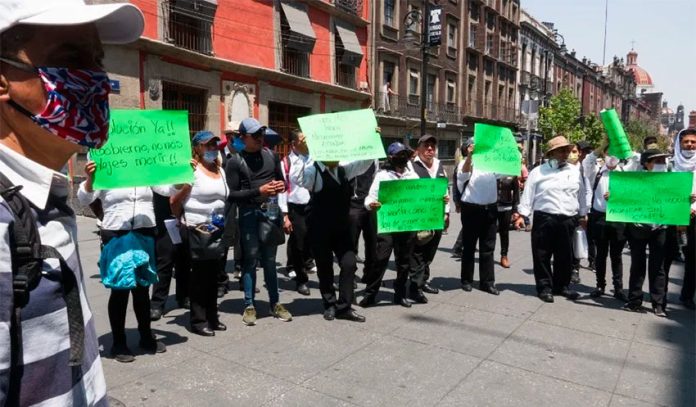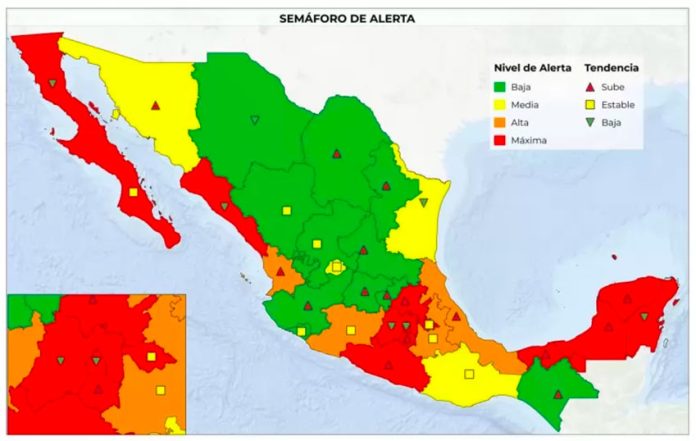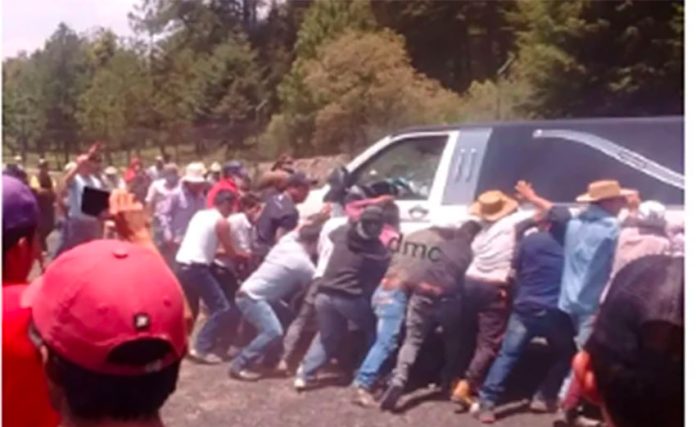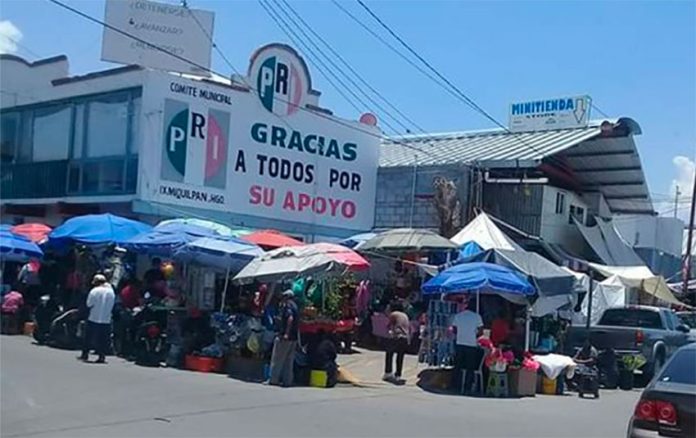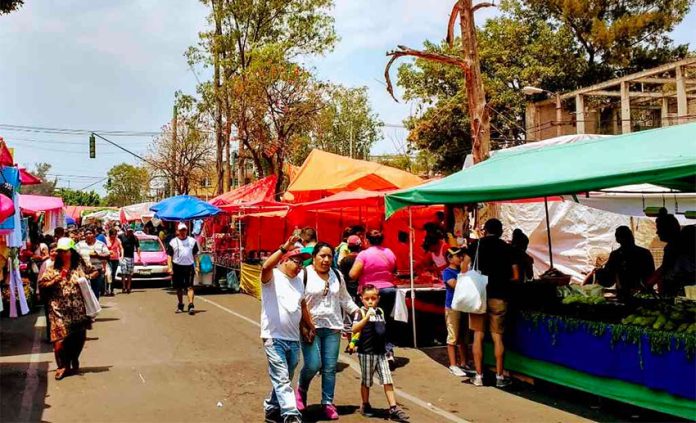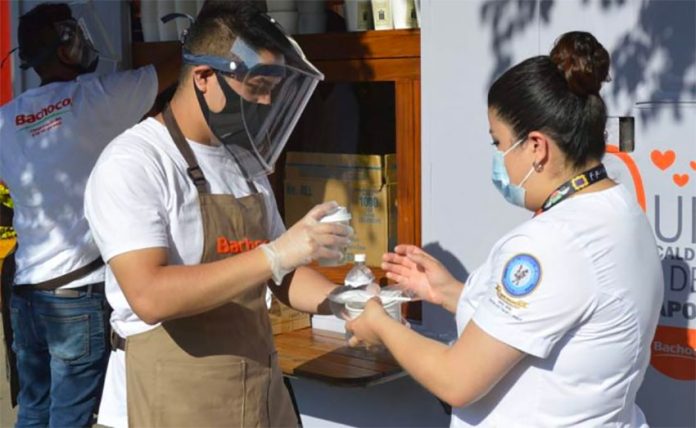What counts as “essential?”
If there’s one thing that the coronavirus has taught us, it’s that there’s quite a variety of definitions out there — some more valid than others.
Places where people can buy food are, of course, essential. This means grocery stores and markets, but does it mean restaurants and cafés? Most would agree that it doesn’t, but at least in Xalapa, Veracruz, more than a handful have whistled and looked the other way while they remained open (but with face masks!)
And it’s not essential that they keep making food for delivery and take-out, but it is appreciated by this sushi-lover.
Hospitals are obviously essential, but what about regular doctors’ clinics? The settling of coronavirus like dust onto every part of our lives that the sun touches doesn’t erase other medical conditions that people might have had before then. My daughter is due a vaccine, but taking her into our local clinic seems unwise at best.
She could also stand a session with her kind and wise therapist, but an enclosed space with easily 1,000+ toys to handle also seems like too big a risk.
Dentists are mostly staying open, as they must. A tooth infection waits for no man.
And thank the gods that my dog’s veterinarian is still working: she had to be put to sleep last week. An unmasked friend helped me dig her grave and pack the earth in tight above her. For some things, you need to see faces.
Domestic violence cases are on the rise. Shall women die in their homes at the hands of their partners, or take their chances by going out and seeking another kind of shelter? I’d take my chances.
People are out of work. Should they definitely slow-motion die of all the problems that rapid-fire accumulate as a result of poverty, or take their chances with the coronavirus? I might take my chances there, too.
(Side note: if there’s anything that the coronavirus has made clear to me, it’s the need for a universal basic income, not just here, but in all countries. We could make the default for those earning above a certain amount to divert theirs to another collective fund, and leave them the option of “opting in” if they really, really, care deeply about the “fairness” of it. But anyway.)
Most parks have been closed off if it’s possible, but not all. We just don’t have the manpower to police the population in all possible public spaces. While two of the lakes have yellow caution tape “blocking” the entrances to the best of their abilities, the third lake is “open” because it’s just not possible to prevent people from accessing it without preventing access to the neighborhood in general.
How about the courts? I have some important things to take care of there, but they will have to wait in legal limbo in the meantime. A good friend — whose whole reason for being here is to arrive at his court-supervised visitations on Wednesdays and Saturdays — hasn’t seen his kids in over two months.
In even less-essential desires, I want to give this city a makeover, leave it positively drenched in murals, work to get some decent asphalt in for once so that new potholes don’t appear with every rainfall. Will it ever happen?
Yesterday, my 6-year-old daughter had a bit of a breakdown. She sobbed that she hated coronavirus, and that she missed her friends and going out. I cried too, because I miss all those things as well, and who can hold in their tears when their floppy outside heart is leaking pain?
The “stay inside” crowd (which I am loosely a part of) is adamant that we must respect Mother Nature’s ruthlessness, and I get it. If there’s any lesson to be extracted here, it’s that She doesn’t care about us: no matter how much we pretend we’re in control, we’re just not. Our institutions are delicate and dependent upon things we don’t control to continue working. And honestly, that’s OK: it feels like cosmic justice.
But damn. When you live alone most of the time like I do, it’s rough. People were built for people, and once in a while, that’s our downfall. It just is. We don’t get to control things even though we pretend we do, and relatively small catastrophes can send our whole pathetic little system spinning.
It’s quite easy to be preachy about staying indoors when we live with other people, especially other people that we (mostly, usually) like. When that’s not the case, sooner or later we’ll have to weigh the risk to our physical health against the very real risk of isolation-induced mental and emotional instability.
So where’s the magic in all this?
Well, fireflies are back, for one. Also really appreciating the humans in your life without the distraction of the mall is on the rise for sure.
Hold the ones you can close, and try not to judge those fleeting meetings too harshly. Emergencies don’t cease to make us human.
Sarah DeVries writes from her home in Xalapa, Veracruz.

